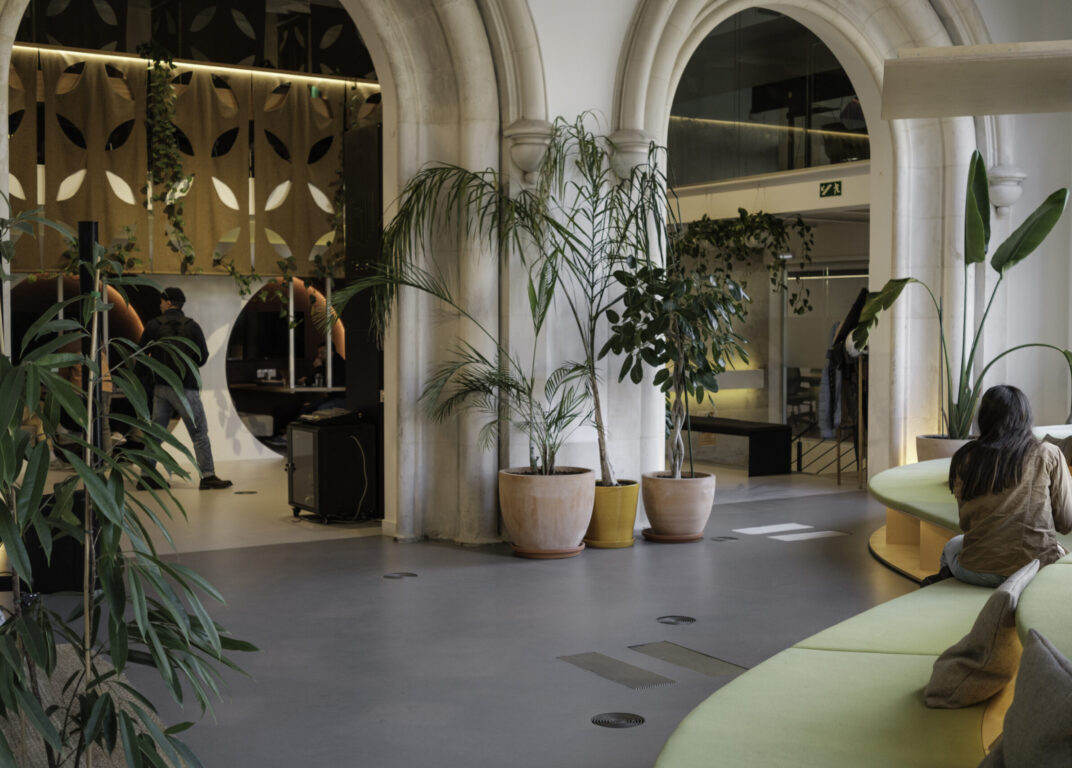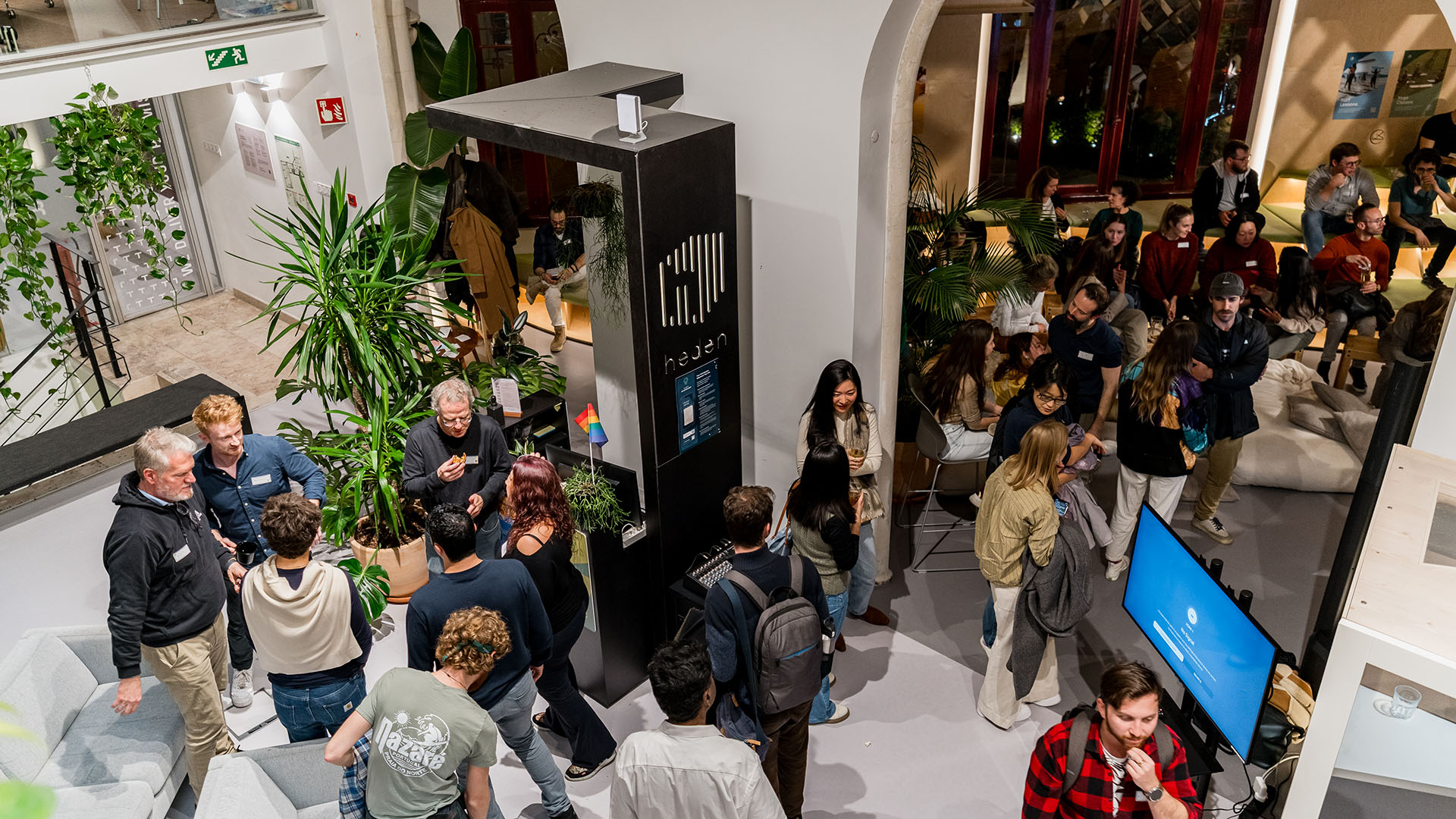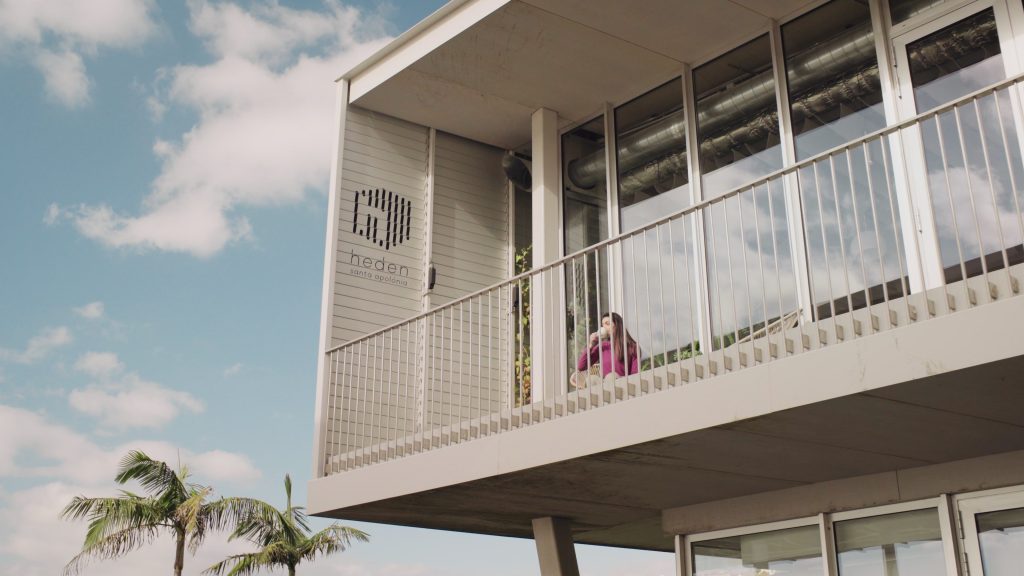
As companies wrestle with how to keep people engaged in a world of hybrid schedules, global talent markets and rising expectations for work-life balance, many are rediscovering the power of place — but not the old, one-size-fits-all office. Instead, forward-thinking organisations are using flexible workspaces (coworking desks, meeting rooms, event spaces and bespoke private offices) as strategic tools to create moments of connection, creativity and belonging that boost engagement and retention.
Below we explain why these spaces matter to people and teams today, how companies in Europe, the U.S. and the Middle East are using them, and what that looks like on the ground in Lisbon in 2025 — where Heden is an active provider of flexible office products and event venues.
Why space still matters for engagement
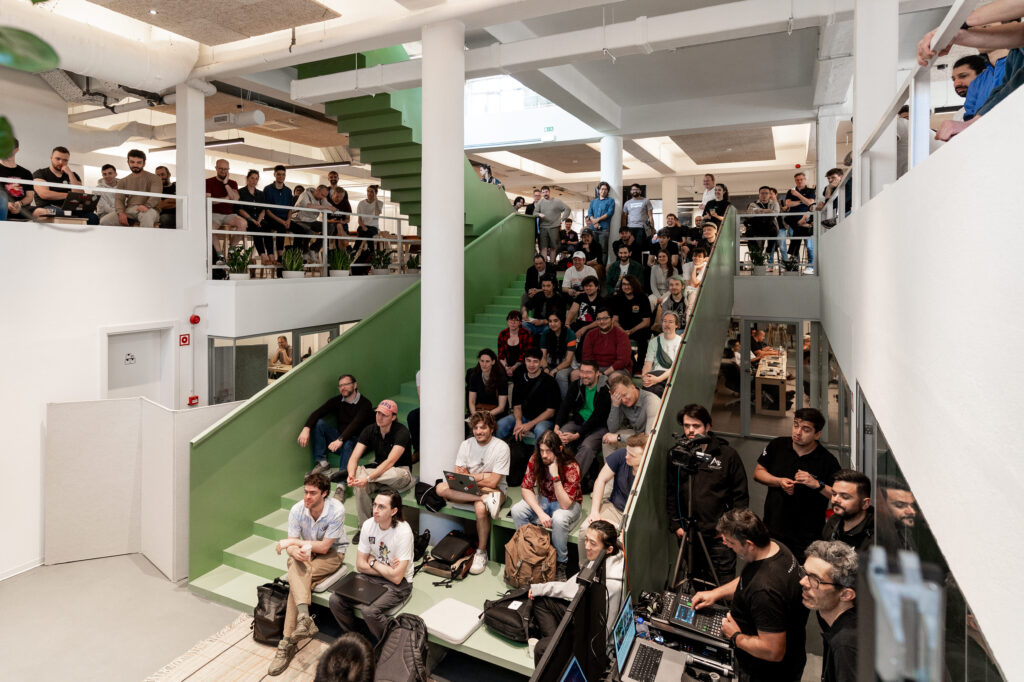
Employee engagement has been under pressure in recent years, with large surveys showing worrying declines in overall engagement and wellbeing for many teams. Research from Gallup shows global engagement dipping into low levels in recent years, signaling a need for new approaches to how work is organised.
At the same time, studies and industry reports underline that flexibility — when combined with intentional in-person time — can improve productivity, reduce stress and make roles more attractive to people choosing where to work. One retention study and several sector analyses report that employees increasingly expect hybrid options and value employer support for flexible, well-designed work settings.
That combination — autonomy plus curated opportunities for high-value in-person interactions — is where flexible workspaces shine. They let organisations provide choice and control, while also designing experiences (off-sites, workshops, brainstorms) that create the kind of spontaneous collaboration and cultural reinforcement remote work struggles to deliver.
How companies use flexible spaces

Focus days & creativity sprints
Instead of mandating daily attendance, progressive teams schedule periodic “focus and creation” days in a well-equipped coworking space or private suite. With access to whiteboards, roomy meeting rooms and breakout zones, teams can run two-day sprints that produce more than the same hours scattered across Zoom calls. Operators and platforms that support easy bookings make this frictionless.
Learning and culture through events
Companies use event spaces to host internal learning festivals, product demos, hackathons or cross-team mixers. These are not all-hands announcements; they are interactive formats that rebuild relationships and give employees memorable shared experiences — a major driver of belonging. Coworking venues that double as event spaces (with AV, catering and flexible layouts) are particularly valuable here.
Hybrid-first client and candidate experiences
When recruiting or courting clients, organisations increasingly prefer neutral, high-character spaces that reflect their culture without requiring a permanent lease. Meeting rooms and short-term private offices in central coworking buildings help create polished experiences while giving teams the flexibility to scale up or down.
Regional patterns: Europe, U.S., Middle East
U.S.: Large U.S. employers are experimenting with mandated in-office days for collaboration, while mid-sized firms treat coworking as a recruiting and agility tool. The U.S. market emphasises scale and branded partner networks for enterprises that want consistent experience across cities.
Middle East: In cities such as Dubai and Abu Dhabi, flexible workspaces are part of rapid economic diversification and a push to attract international talent. Operators often prioritise premium amenities, event infrastructure and turnkey private offices for regional headquarters or satellite teams. Local cultural norms and climate shape design (for example, emphasis on indoor communal spaces and high-quality hospitality).
Europe: Many European firms lean into hybrid, with a focus on wellbeing and public-transport accessibility. Coworking operators across major cities now offer a mix of hot desks, bookable meeting rooms and event venues that teams can use episodically. Europe’s marketplace also shows an increase in niche and community-led spaces tailored to creatives, tech startups and social enterprises.
Why Lisbon matters — and what 2025 looks like
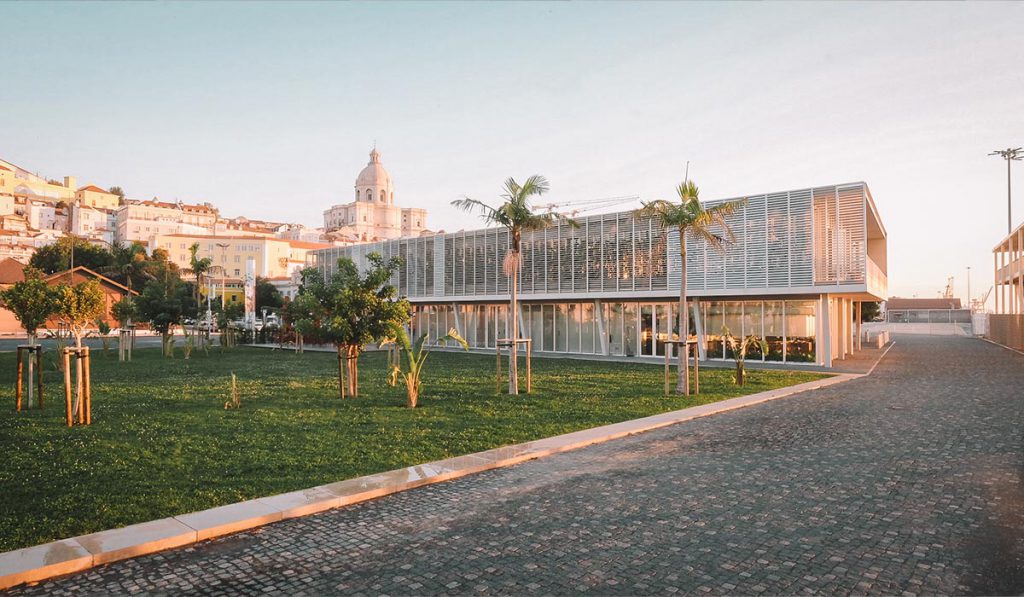
Lisbon has emerged as one of Europe’s most attractive hubs for tech talent, creatives and remote professionals. Factors include a southern European coastal lifestyle, competitive operating costs compared with other Western European capitals, strong connectivity to Europe and beyond, and an increasingly visible startup scene. That context makes Lisbon ideal for companies that want to combine talent attraction with memorable in-person experiences.
On the Lisbon scene in 2025, coworking brands are not just about desks — they’re about ecosystem building. Venues that pair flexible desks with curated events, sustainable practices and bespoke private offices are flourishing. Heden, for example, positions itself as a provider of hot desks, meeting rooms, event spaces and tailored private-office solutions across central Lisbon neighbourhoods; it also emphasises sustainability and community as core values. For teams planning off-sites, hybrid workshops or client showcases, having a partner that handles logistics, AV, and local knowledge makes a practical difference.
Practical advice for companies wanting to use flexible spaces to improve engagement
Design for outcomes, not presence. Book spaces with the outcome in mind — idea generation, team bonding, onboarding — and choose a layout accordingly (large open areas for ideation; small rooms for interviews or focus work).
Create predictable rituals. Regular monthly or quarterly in-person rituals (e.g. “Innovation Fridays” or “Learning Days”) make attendance purposeful and reduce the ad-hoc pressure to be in the office all the time.
Measure the human effects. Track qualitative indicators (sense of belonging, cross-team connections) alongside retention and productivity metrics. Surveys after off-sites can be revealing.
Leverage local partners. Work with venue partners who understand the local market — that saves time on logistics and helps align the experience with local culture and amenities. In Lisbon, choosing a provider with multiple neighbourhood locations and event capabilities simplifies planning.
Final thought
Flexible workspaces are no longer a niche amenity; they are a strategic lever companies can use to shape culture, reduce churn and spark the kinds of in-person moments that remote tools can’t replicate. For organisations operating across borders — whether in Europe, the U.S. or the Middle East — using coworking desks, meeting rooms and event spaces thoughtfully can turn episodic in-person time into sustained engagement. In Lisbon’s 2025 landscape, partners like Heden illustrate how a local, sustainability-minded operator can help teams design those moments without the overhead of a long lease — freeing companies to focus on the human work that really moves the needle.


